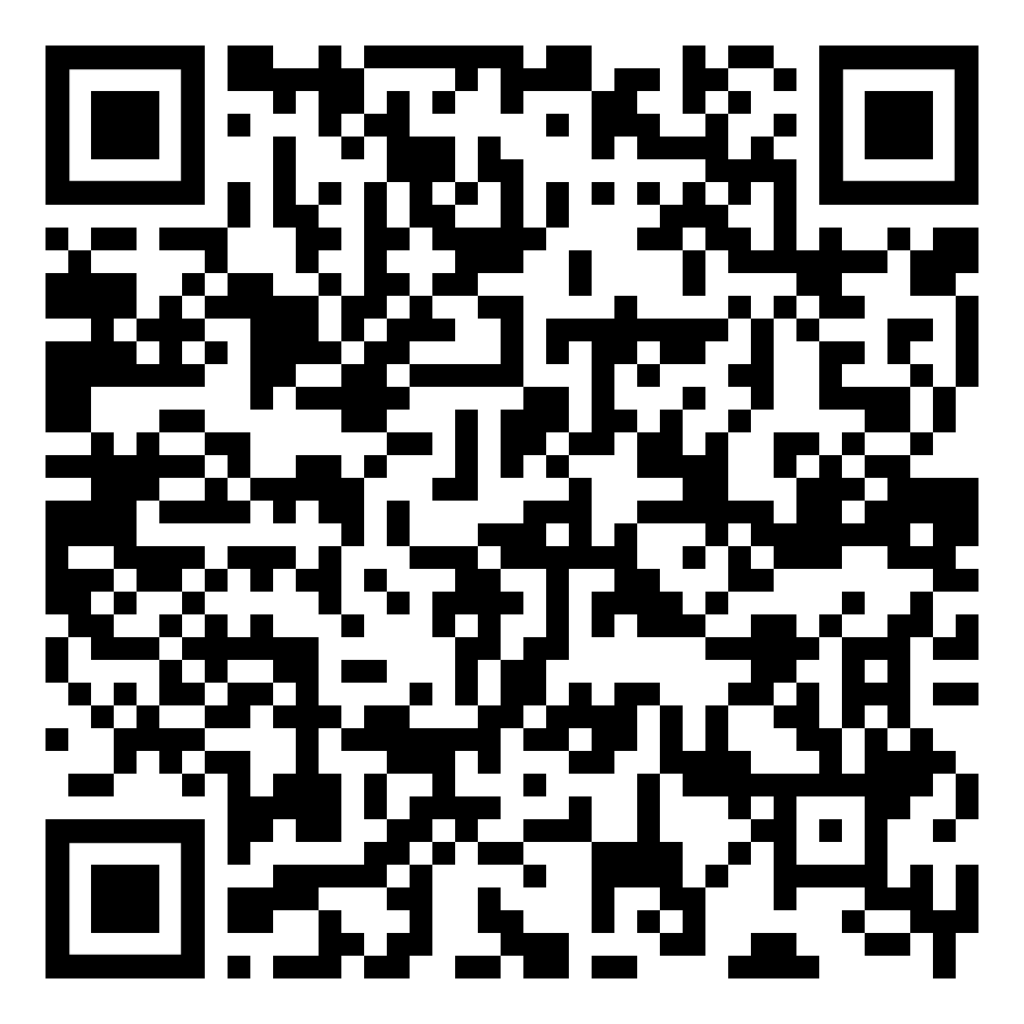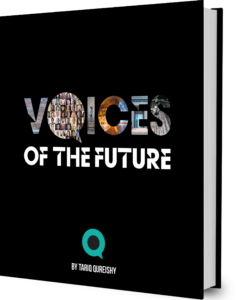Challenging the status quo requires a brave voice, one that resounds with a clarity and vision that slices through the din to shape the contours of tomorrow. My conversation with Dr. Abir Haddad, a luminary in the realm of legal transformation, unfurls a narrative rich with rebelliousness, innovation, and a profound belief in the power of law to forge a better future.
As a celebrated Legal Futurist, recognized in the Capital 40 under 40, and an esteemed alumna of the Max Planck Association, Dr. Haddad brings a wealth of knowledge and experience. Her role as a comparative law expert at the University of Cologne is complemented by her past contributions to the United Nations Climate Secretariat (UNFCCC), where she advised on legal strategies for climate resilience. Today, she pioneers the ‘7 Steps to Legal Transformation,’ applying this unique methodology to navigate the institute through the tumultuous waters of legal and societal change. Beyond her professional achievements, Dr. Haddad is known for her passion for the Bedouin lifestyle and the simple beauty of the desert.
From the streets of Baghdad to the academic halls of Germany, Dr. Haddad’s journey is a testament to resilience – and rebelliousness. “I was the perfect straight-A student until puberty hit, then I rebelled against my teachers, parents, and society because I was so smart. Somehow, I managed to get through school, take a gap year, study, and enter the legal profession,” she reflects.
Born in wartime Baghdad, her family fled their home and, a few years later, emigrated to Germany. Despite struggles to adapt to life in her new country, educational system, and society, since the age of 11, she was determined to become a lawyer. “I fell in love with law because of the way of thinking, how things work together, and how words can create a world and govern a society,” she recounts. “Law is a tool to make people’s lives better,” she asserts.
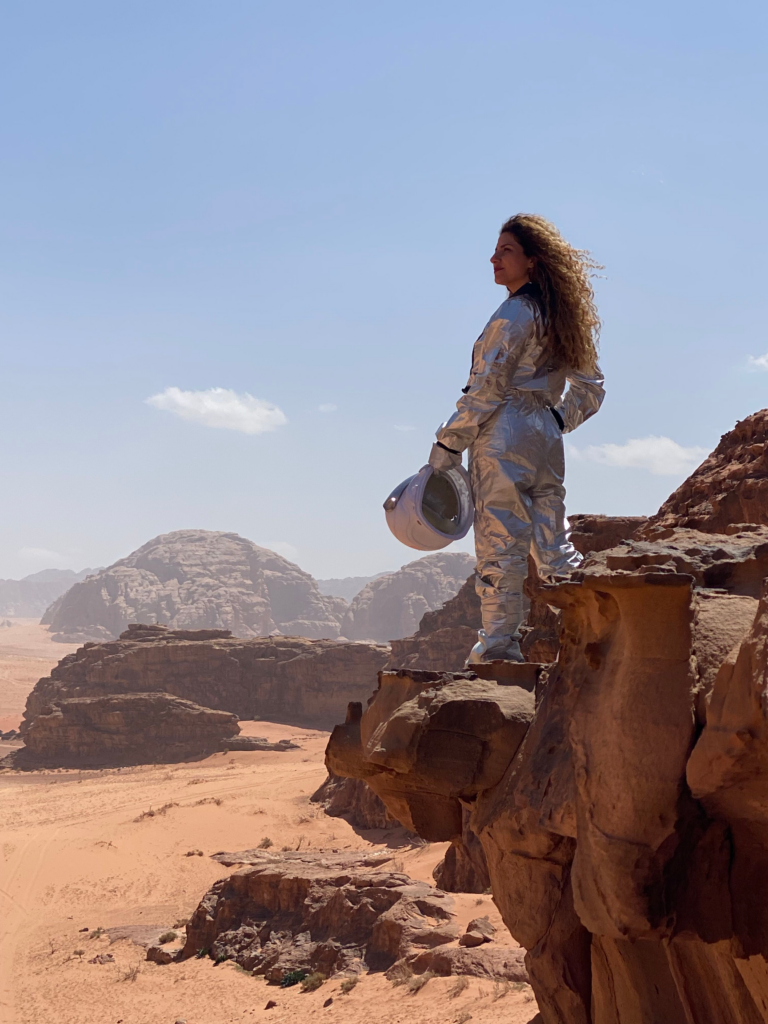
What energy flowed inside her to excel and succeed as an immigrant in her new home? She responds: “To get along and succeed, I had to be ten times better than everyone around me.” According to Dr. Haddad, the experience of being an immigrant, particularly from Arab or Muslim backgrounds in European countries, involves facing significant challenges. Society often fails to embrace these individuals fully, limiting their access to opportunities due to differences in name, culture, or language, despite proficiency in German – even without an accent. Being an immigrant meant starting from scratch due to a lack of networks and systemic barriers. Additionally, there’s a cultural tension from within, where families fear the loss of cultural identity, leading to restrictions and traditional expectations. For her, this dual burden of external societal barriers and internal cultural expectations creates a complex landscape for immigrants to navigate.
She articulates her motivation for success: “Driven to be a mentor for future generations, I navigated my own challenging journey as a young immigrant in Germany, feeling isolated without role models. Dedicated to supporting immigrants through mentoring, speeches, and building networks, my goal is to provide the guidance and encouragement I lacked, ensuring no one feels abandoned.”
My thesis is that as the world becomes increasingly technological and digital, the value of non-digitizable qualities like love, ethics, trust, creativity, and critical thinking will exponentially increase. Dr. Haddad emphasizes the irreplaceable value of humanity. “In the perfect utopian world, the currency we exchange with each other is a pure loving energy,” she envisions. “I’m wealthy in loving energy, healing energy, giving love, and receiving love. From this, my creativity is nourished. From this, my approaches and boldness – especially as a lawyer – grow.”
Dr. Haddad is devoted to creating a future that aligns with her vision of a fulfilling life for herself and her children. Embracing the Bedouin lifestyle, she finds solace and energy in the simplicity of desert life, tending to animals and connecting deeply with nature. This experience grounds her, reminding her of her humanity beyond her professional achievements and societal status. She advocates for the importance of reconnecting with one’s essential self, regardless of wealth or academic accolades.
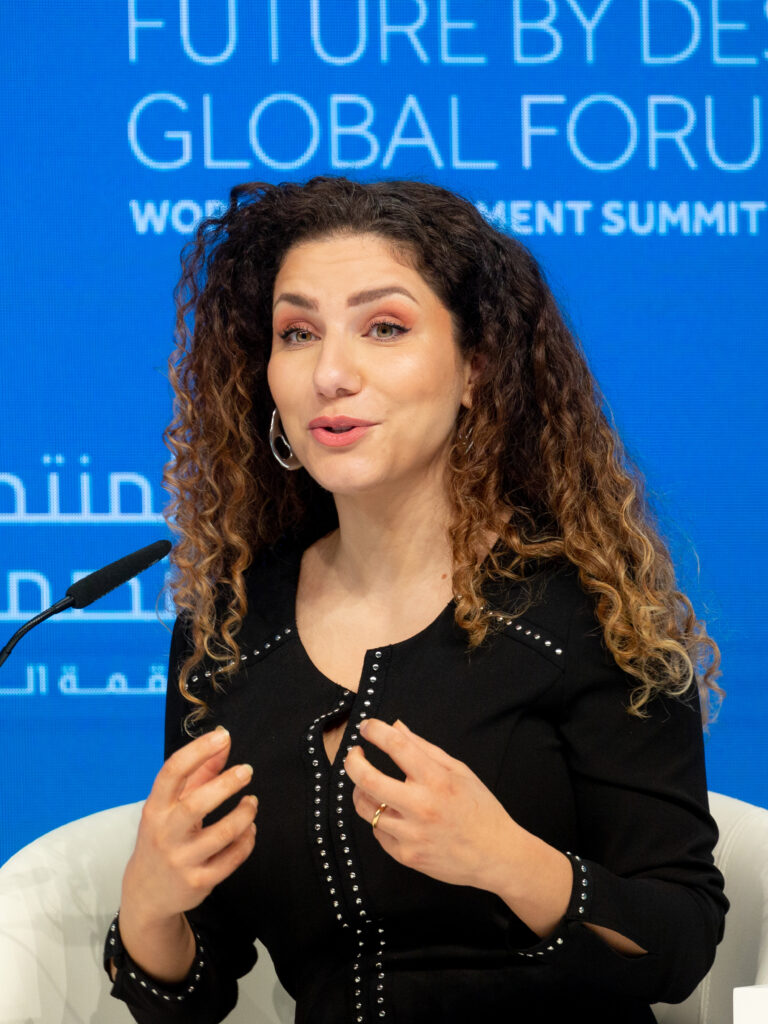
The conversation turns to her work at The Institute for Legal Transformation (ILT). Serving as a think tank and consultancy, it seeks to revolutionize legal thought, regulation, and definition. It envisions its innovative concepts being integrated into university curriculums within a decade. Already initiating change in Germany, it focuses on redefining classical legal education to incorporate legal transformation principles. Partnering with educational and judicial institutions, it trains legal professionals at the intersection of technology, sustainability, and innovation. The ILT employs a unique, interdisciplinary ‘7 Steps to Legal Transformation’ methodology, blending traditional legal studies with foresight techniques to foster agile regulatory approaches and shift the mindset of the legal community.
Courts and governance often trail the rapid pace of technological advancements, leading to numerous “pre-legal” phenomena – situations not yet addressed by existing laws, as distinct from illegal activities. This distinction raises my curiosity about Dr. Haddad’s perspective on navigating between these frameworks in the context of emerging technologies. She highlights the concept of “legal grey zones,” areas not yet regulated in the rapidly evolving tech landscape, such as blockchain and NFTs. These aren’t illegal but lack clear regulations. According to her, the focus is on how society and governance adapt to and regulate these technologies, emphasizing the need for analysis, foresight, and protective measures through national and governmental regulations to address their societal impacts.
Where are the guardrails? “The complexity of regulating emerging technologies requires global cooperation, as these challenges transcend national boundaries,” she affirms. “International treaties and cooperation have become essential. The lobbying power of tech companies complicates regulation, while the enforceability of laws across different jurisdictions poses significant challenges. As technology evolves, creating spaces beyond physical control, new models for international governance and enforceability must be developed to address these parallel digital spaces.
She offers two approaches to establishing guardrails for technologies, such as generative AI and large language models. She elucidates: “Two approaches address emerging technologies: regulating AI and its subsets like large language models and educating people to better engage with these advancements. Education spans from schools to universities, focusing on understanding the risks and benefits. The aim is to harness technology for the greater good, highlighting that the main concern is not the technology itself but its misuse.”
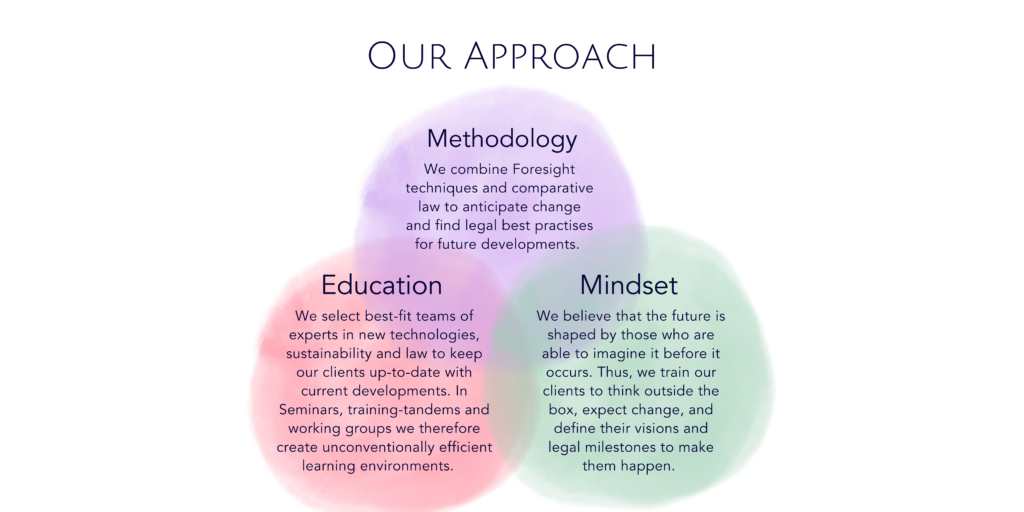
Global institutions like the World Bank, WHO, and UNHCR, created 80 years ago to address past challenges, are struggling to keep pace with today’s exponential changes. Institutions like Dr. Haddad’s ILT have the potential to modernize legal education and influence judicial systems, offering a fresh perspective with the ambitious goal of addressing global issues and fostering a world grounded in understanding and love.
Dr. Haddad shares the vision for her work: “We’re redefining legal mindsets, moving from Eurocentric methods to embrace global legal diversity, including indigenous and Islamic law. Our approach, integrating comparative law and history, revisits agile, ancient concepts for today’s issues like sustainability and tech. Collaborating with governments and drawing on indigenous practices that have safeguarded biodiversity, we aim to merge innovation with tradition, crafting a legal framework that innovates while honoring our global heritage.”
Her message in a bottle, “Dare to love, dare to try, dare to fail, and dare to create,” serves as a clarion call to us all. It beckons us to embrace the unknown with courage and to forge a future where law, technology, and humanity converge in a symphony of progress and compassion.
